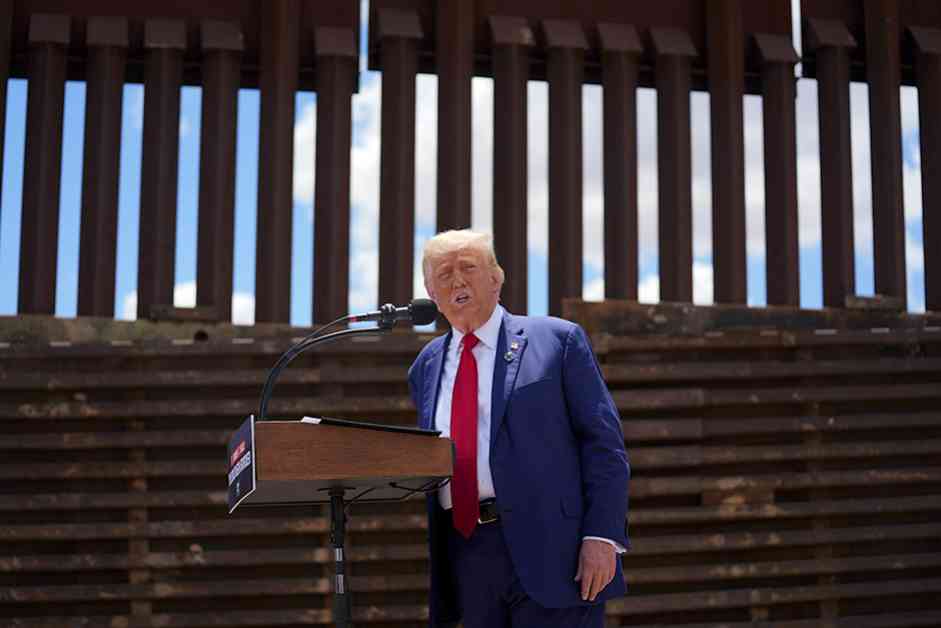Donald Trump has been vocal about his plans to deport millions of people living in the United States illegally. Despite his ambitious goals, the practical, legal, and political challenges of mass deportations have been significant. The Department of Homeland Security estimated that there were 11 million undocumented immigrants in the country as of January 2022.
During his presidency, Trump’s deportation numbers never exceeded 350,000 in a year, far below his initial promise. However, if he were to return to power, Trump and his advisor Stephen Miller have hinted at a revised strategy that could involve using wartime powers, mobilizing like-minded governors, and potentially deploying the military.
Legal experts have noted that while Trump’s proposed actions may be technically lawful, the logistical challenges would be immense. Trump has suggested invoking the Alien Enemies Act of 1798, which allows the president to deport noncitizens from countries that the U.S. is at war with. Additionally, he may rely on sympathetic governors to deploy the National Guard for immigration enforcement in their states.
In terms of funding, questions remain about how Trump would pay for a massive deportation operation. U.S. Immigration and Customs Enforcement (ICE) is currently funded for 41,500 detention beds, raising concerns about where individuals would be housed before deportation and how long they could be held if their home countries refuse to take them back.
From a political standpoint, a large-scale deportation effort could have significant consequences. While some support Trump’s plans, there are concerns about the impact on families, labor shortages, and community ties. Military leaders may also resist becoming involved in domestic politics, as it could undermine other priorities and morale within the armed forces.
Ultimately, the feasibility of Trump’s revised immigration strategy remains uncertain. While the threat of mass deportations can instill fear in immigrant communities, the practical challenges and potential political backlash could present significant obstacles to its implementation. It is clear that any attempt to carry out large-scale deportations would face complex legal, logistical, and political hurdles that would need to be carefully navigated.


